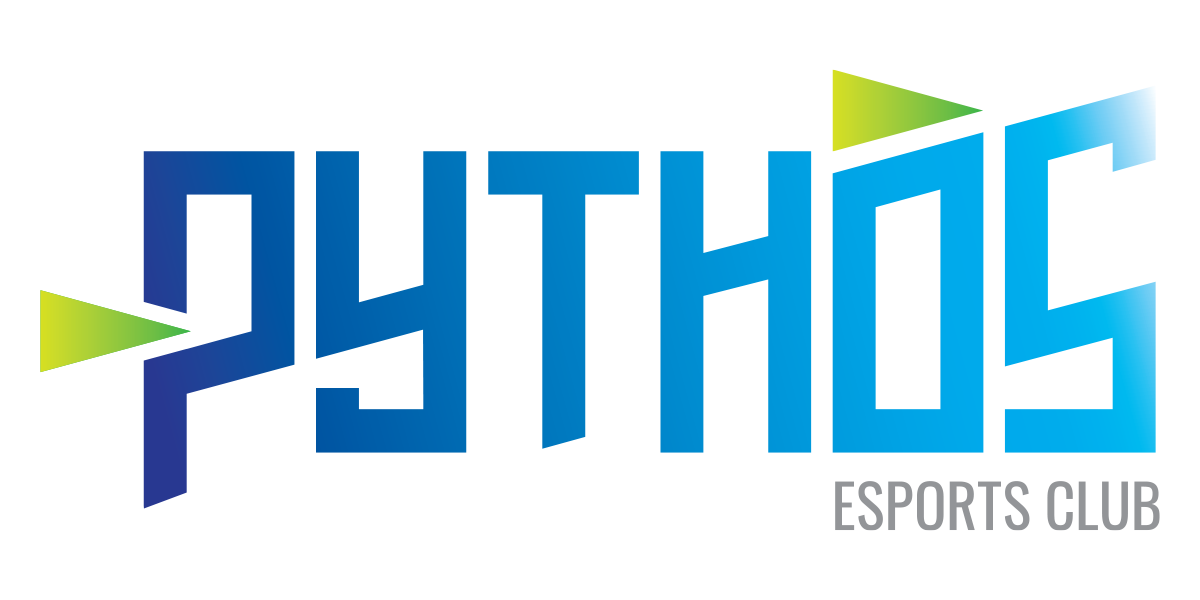24 Feb The state of the funding market for esports organisations in 2021
Coming as a surprise to many, Nordisk Films and Parken Sport & Entertainment decided to cease operations of the Danish esports organisation North on Friday, February 5th.

Nordisk and PS&E also own FC Copenhagen, and cited ‘strategic focus’ in a release as the reason for shutting North down. In a DBLTAP article published in November, it was reported that North CEO Christopher Håkonsson had stepped down, and that the org was seeking additional funding.
Given this, it seems North’s parent companies were unable to find co-investors to fund North’s future, despite North being an established brand in CS:GO and also having fielded teams in FIFA and Apex Legends. This raises the question of what investors are looking for in esports organisations, and whether fundraising has become more difficult for esports orgs in 2021.
Related: Danish esports org North shutters
In this piece, Esports Insider uses the expertise of two investors to explore investor sentiment towards esports orgs in 2021, and how it has changed in recent years. These investors are Joey Brander, President and Managing Partner at First Serve Partners, who has invested in Overactive Media and Splyce, and David Martin, Investor and Advisor at Esports Global and Co-owner of London Royal Ravens.
Investor sentiment towards esports orgs, 2021

Although most offline tournaments were cancelled or moved online in 2020, Brander and Martin both said that interest in esports orgs from investors is at an all-time high. Brander said he was getting “more calls than ever” from investors wanting to learn more about opportunities in esports. This interest ranges from established venture capital firms to late-stage private equity firms whose partners “have never played a video game”, according to Brander. In large part, this increased interest is due to the media exposure that gaming and esports received during the pandemic. According to both Martin and Brander, a lack of interested parties is not a problem in the current market.
In the past, many investments in esports orgs were driven by fear-of-missing-out (fomo), which led some investors to make uninformed decisions. As a result, there was a disconnect for some non-endemic investors between expectations of esports organisations’ growth and their actual growth. This caused some to become frustrated with the industry.
Both Martin and Brander agree that for deals in 2020 and 2021, investments made by uninformed investors have mostly stopped. Martin observed that the amount of due diligence and knowledge sharing between investors massively increased from 2020. As a result, it is certainly more difficult now for orgs to raise large sums of money at a high valuation, compared to when uninformed investors were jumping into deals. Well-run organisations, however, still have good prospects of raising capital due to the high demand from investors. To convince investors, they should tick (most of) the boxes presented below.
Franchise spots, size and location

North did not have franchise slots in titles such as League of Legends, Call of Duty, or Overwatch. Brander explained that non-endemic investors in particular prefer to invest in esports orgs that own franchises, as they better understand their monetisation model and often perceive it as a lower-risk investment, compared to organisations like North that could fail to qualify for a few major events and immediately lose their visibility to potential fans and sponsors. US investors in particular attach great importance to franchise slots.
“It has certainly been easier for NA orgs to raise”
“There are a large number of venture capital firms and family offices who are based in the US and have sought exposure in esports due to its growth, and the compelling tailwinds behind the industry,” Brander said. “I would estimate that most of these groups have familiarity with franchise league models due to the similarities with traditional American sports leagues. As a result, it has certainly been easier for NA orgs to raise.”
But although Brander and Martin have both invested in teams with franchise slots, they believe that this is not a necessity for orgs raising funds. Martin explains that smaller organisations need to show investors how they can either carve out and dominate their own niche, or how they will acquire a spot in the next franchise league. It is important to show potential investors how they will be able to earn a three- to five-times return on their investment.
Applied to North’s case, while franchise rights would certainly have helped convince investors, the management team could still have demonstrated other ways for North to be successful and generate three- to five-times returns (see North’s recent financials later in this article).
Quality of executive team and operational excellence
This leads to another important criterion for potential investors in esports orgs. Operational excellence, which is closely linked to the quality of the leadership team, is a very high priority, Brander told Esports Insider. In addition, he explained that the right mix of authentic interaction with the fanbase and the ability to build an outstanding business over the next decade is something that investors look for.
Although North has spent a lot of money on various CS:GO lineups in recent years, success has mostly failed to materialise. Some fans have been sarcastic towards North in recent years. Whether it was their rebrand or the results of their CS:GO team, Twitter and Reddit have been full of jokes about North for a while.
Furthermore, the previous CEO Christopher Håkonsson resigned in November 2020 after only one year and was replaced by Alexander Pedersen in the interim. All these factors will have made it difficult for North’s management to convince investors that they can lead North into a successful future.
Financials
It is no secret that almost all esports organisations are operating at a loss. North is no exception. North increased its gross profit from DKK 3.56m (£0.42m) to DKK 7.24m (£0.87m) from 2017 to 2018. Still, the company had an annual loss of DKK 12.64m (£1.51m) and DKK 8.55m (£1.03m) in that period. For 2019, gross profit even fell to DKK 6.42m (£0.73m) and the loss for the year increased to DKK 12.43m (£1.42m).

While North agreed several sponsorship deals, including one with Swedish energy drink company Nocco in 2020, it is unclear how this impacted North’s results, as North has not yet published its 2020 financial report. So while the 2020 performance is anyone’s guess, it is quite likely that North saw at best a small improvement in gross profit and overall earnings. A decline, however, is more likely.
Martin told ESI that the importance of the financial side correlates strongly with the stage the company is at. From Series B investments onwards, finance becomes increasingly important for esports organisations looking to attract investment. The main focus is not necessarily on profitability, but on the organisation’s ability to properly monetise its audience. Brander added that in addition to good diversification of revenue streams, the ability to be cash-efficient is something that many investors are looking for.
As North was in an early investment round, the financial situation likely played a subordinate role for the investors. However based on 2019 results, it is unlikely that management could have used North’s finances as a selling point.
Related: North stocks up with Nocco partnership
So why did North fail?
While the exact reason North did not find new investors remains unknown, it is safe to say that a general lack of investor interest is not the problem. Although the interest from new and old investors is high, investment-seeking orgs need to be aware that the funding market for esports organisations has matured over the past 24 months as a consequence of investors becoming more knowledgeable. For the next 24 months, it can be expected that some orgs raise record amounts of investments while some, mostly smaller, orgs will follow North’s fate — unable to satisfy investors.
Sign up to our ESI Dispatch Newsletter
 Commercial, CS:GO, Editors Picks, Europe, Features, Games, Insights, Interviews, Investments, M&A, Latest News, Markets, North America, Esports, Esports Investing, Esports organisation, North, North dissolve shutter, North esports, Venture Capital
Commercial, CS:GO, Editors Picks, Europe, Features, Games, Insights, Interviews, Investments, M&A, Latest News, Markets, North America, Esports, Esports Investing, Esports organisation, North, North dissolve shutter, North esports, Venture Capital


No Comments